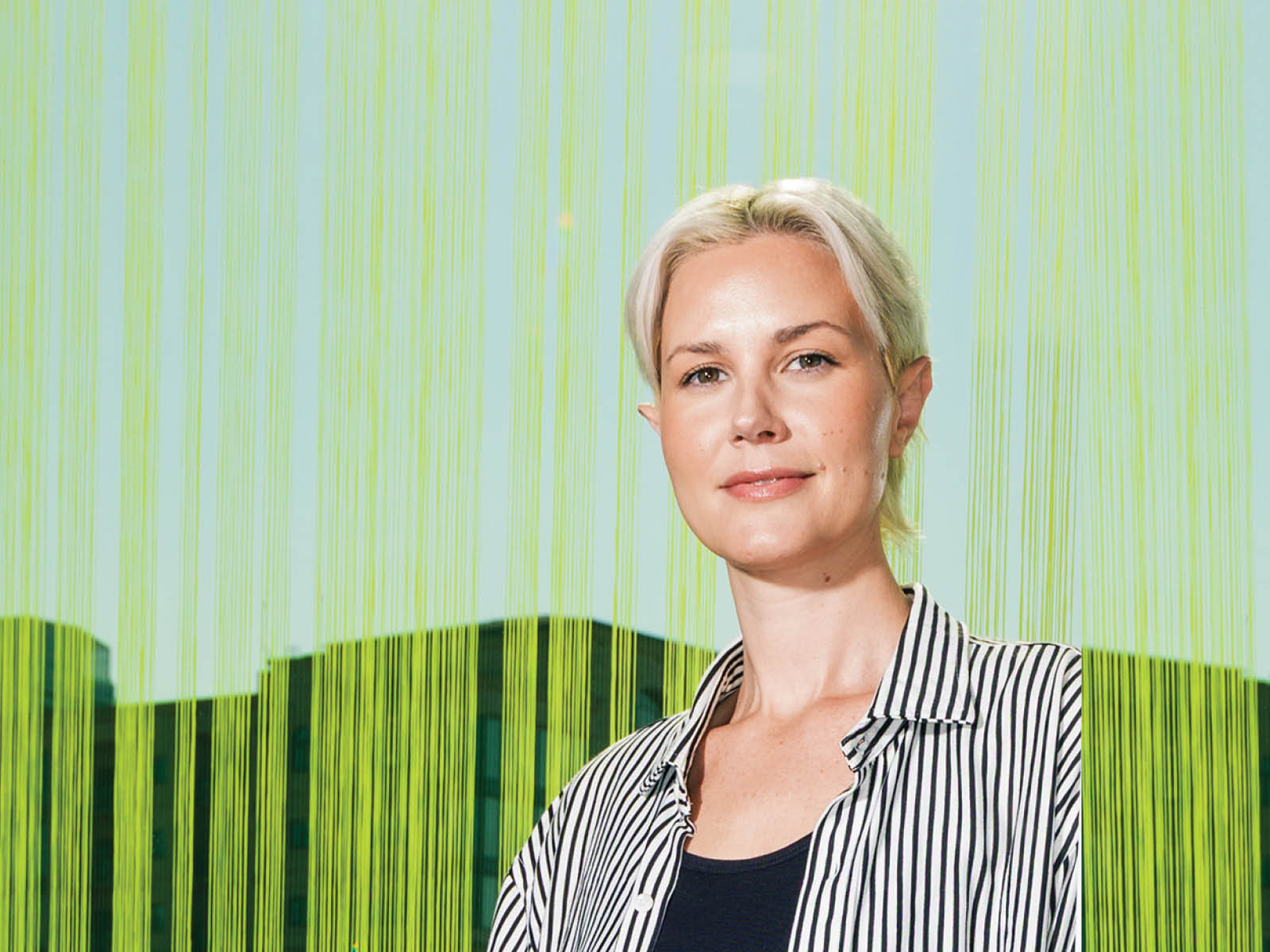Why They’re Top 40
Combating hate and celebrating queer joy as resistance
Age: 38
Job Title: Assistant Professor at MacEwan University
JJ Wright recently had a full-circle moment. The MacEwan University professor was chatting with a friendly barista, herself a university student, and the subject of graduate school came up. The student was considering applying but worried about how to balance school and work — not to mention, navigating academia as a first-generation student. The first in their family to earn an undergraduate degree, Wright (whose pronouns are she/they), flashed back to a professor pulling her aside and encouraging them to continue their education. “I still didn’t think I’d become a prof. I didn’t see myself as a grad student, but I was inspired to try,” says Wright. “I could see in her something that was probably in me when I was an undergrad — a kind of curiosity for one idea that I followed all the way through to my PhD, and I’m still investigating it now.”
As an assistant professor of sociology and gender studies, they focus on gender-based violence and 2SLGBTQ+ justice. Through her Queer Joy! Project, launched in 2022, Wright has engaged over 100 queer and trans youth from across Canada in arts-based research, to develop educational tools that move beyond pain narratives to highlight how 2SLGBTQ+ youth resist and thrive despite oppression. “While it’s important to trace suffering and oppression, I really want to centre queer joy rather than trauma as a tool of resistance, healing and transformation. We’re recognizing the fullness of our personhood — not just suffering objects.”
This fall, Wright also hosted a national conference at MacEwan focused on mobilizing queer joy and challenging hate. The event brought scholars, policy makers, community organizations, high school students and K–12 educators together in one space, creating an opportunity for open conversation.
“Students are the ones that are the most impacted right now,” says Wright, referring to a series of new laws under Alberta’s Education Amendment Act that have made it harder for trans kids to change their pronouns, participate in sports and receive gender-affirming sex-ed. “As lead organizer, I want to hear from these young people and know what they need to feel supported, but it’s also about creating a space for them to know that they belong.”
This article appears in the November/December 2025 issue of Edify
